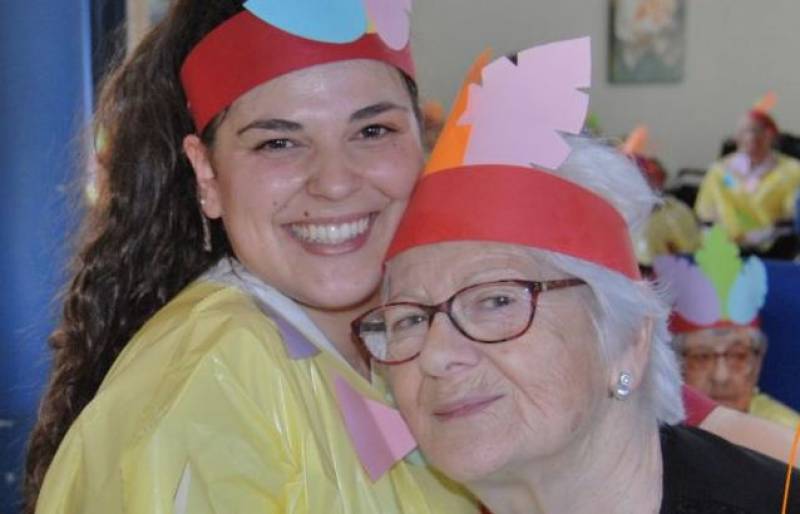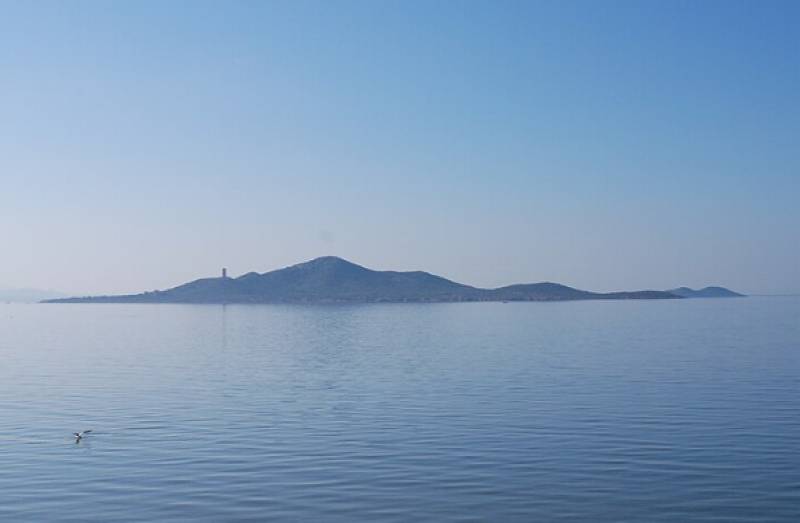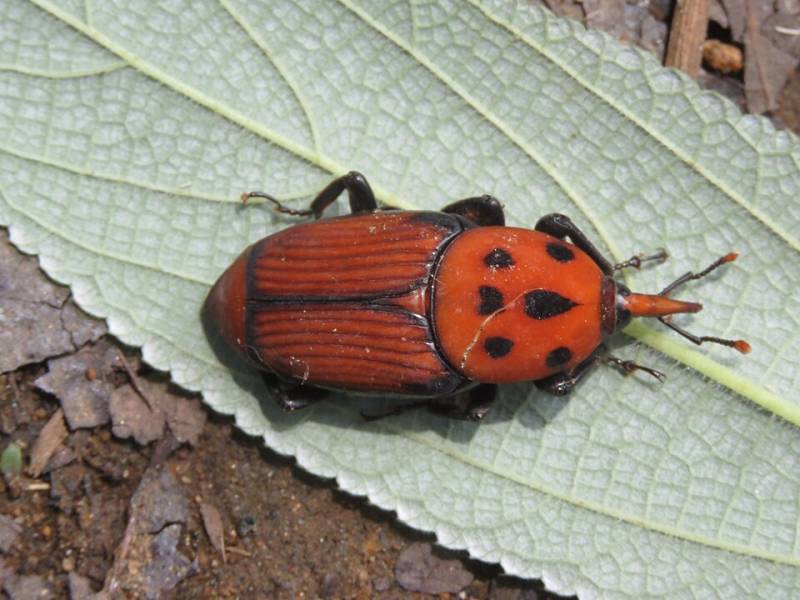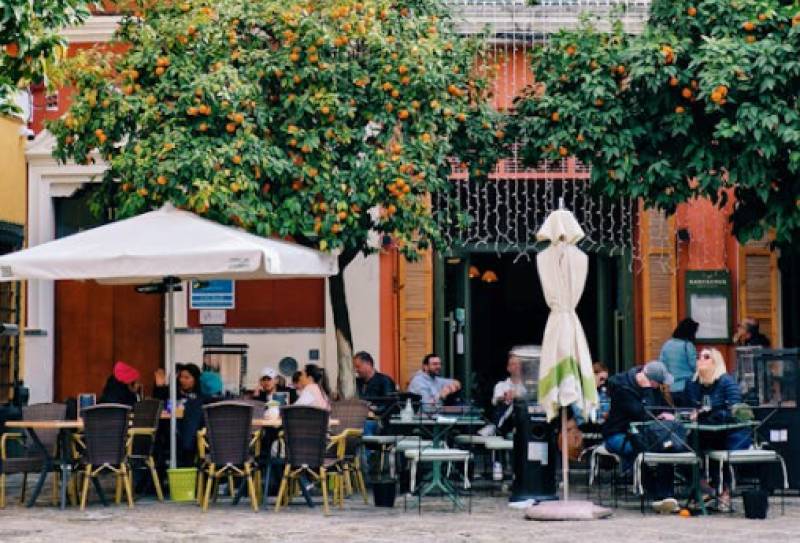- Region
- Vega baja
- Marina Alta
- Marina Baixa
- Alicante
- Baix Vinalopo
- Alto & Mitja Vinalopo
-
ALL TOWNS
- ALICANTE TOWNS
- Albatera
- Alfaz Del Pi
- Alicante City
- Alcoy
- Almoradi
- Benitatxell
- Bigastro
- Benferri
- Benidorm
- Calosa de Segura
- Calpe
- Catral
- Costa Blanca
- Cox
- Daya Vieja
- Denia
- Elche
- Elda
- Granja de Rocamora
- Guardamar del Segura
- Jacarilla
- Los Montesinos
- Orihuela
- Pedreguer
- Pilar de Horadada
- Playa Flamenca
- Quesada
- Rafal
- Redovan
- Rojales
- San Isidro
- Torrevieja
- Comunidad Valenciana
article_detail
Date Published: 30/10/2025
Halloween in Spain and why November 1 is a public holiday
‘All Saints Day’ is a bank holiday in Spain on November 1... find out why, and what is so special about this Spanish holiday
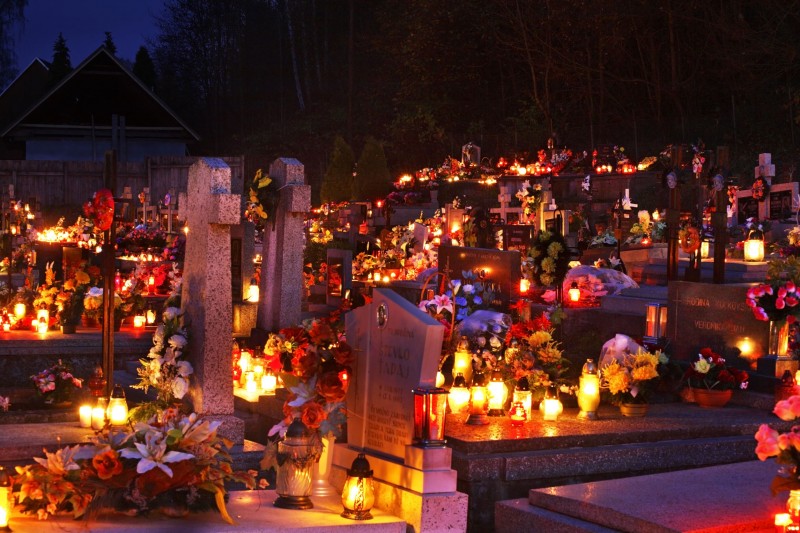
November 1 is a national holiday in Spain every year, but why is the day after Halloween a Spanish public holiday and how do Spanish people celebrate this day off?
Every region and town in Spain has a local holiday on the day of their patron saint, while November 1 is the day of all the saints, el Día de Todos los Santos, so it's a bank holiday for the whole country. Shops, banks and supermarkets traditionally close on November 1, but increasingly many large chains are choosing to open on festivos, so it is worth checking the specific opening times of your local store. Of course, plenty of bars should remain open.
This year, 2025, it falls on a Saturday, so there will be no ‘puente’ or long weekend as the day off is not transferred to a weekday for anyone except some schoolchildren.
All Saints Day originated from the ancient pagan festival of All Souls Day, when the ghosts of the dead were said to come back to the world of the living before returning to their homes in the afterlife. The night before, October 31, was known as All Hallow’s Eve, when people out and about at night would dress up as ghosts or in masks and costumes so that any evil spirits of the dead would leave them alone and not haunt them. The pagans called this festival time ‘Samhain’.
These days, such traditions have mutated into what we now celebrate as Halloween, while the Catholic feast of All Saints Day remains an official public holiday in Spain. It’s also sometimes known as the Day of the Dead, but that more often refers to the Mexican celebration that spans November 1 and November 2 (the Day of the Faithful Departed).
On All Saints Day in Spain, some families take the opportunity to visit the cemeteries where their ancestors and loved ones are buried. As a family, they then clean the graves, leave flowers, light candles and take time to remember their dearly departed.
In the Murcia region, there are special foods and traditions for All Saints Day that mean it is celebrated like nowhere else, while Alicante has a special flower market to mark the occasion.
Image: Archive
staff.inc.ali
Loading
Sign up for the Spanish News Today Editors Roundup Weekly Bulletin and get an email with all the week’s news straight to your inbox
Special offer: Subscribe now for 25% off (36.95 euros for 48 Bulletins)
OR
you can sign up to our FREE weekly roundup!
Read some of our recent bulletins:
Discount Special Offer subscription:
36.95€ for 48 Editor’s Weekly News Roundup bulletins!
Please CLICK THE BUTTON to subscribe.
(List price 3 months 12 Bulletins)
Read more stories from around Spain:
Contact Murcia Today: Editorial 000 000 000 /
Office 000 000 000





















